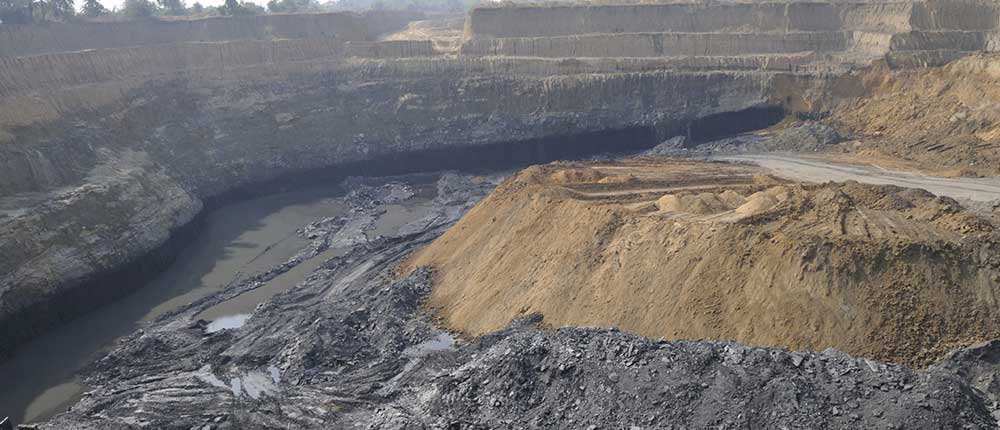 TERI is a pioneer in microbial stimulated coal bed methane can increase the longevity and productivity of the coal bed methane fields. Coalbed methane stimulated by microbes can increase the longevity and productivity of the fields. TERI in partnership with OEC is continuing with various field experiments to enhance the gas production from different coalbed methane wells.
TERI is a pioneer in microbial stimulated coal bed methane can increase the longevity and productivity of the coal bed methane fields. Coalbed methane stimulated by microbes can increase the longevity and productivity of the fields. TERI in partnership with OEC is continuing with various field experiments to enhance the gas production from different coalbed methane wells.
UNSW Australia-led researchers have discovered a way to produce a tenfold increase in the amount of methane gas emitted by naturally occurring microbes living in coal seams and on food waste.
The innovation could benefit the environment by extending the lifespan of coal seam gas wells, as well as improving the economics of using woody crops and left-over food as commercial sources of biogas.
Seen traditionally as a potential hazard to coal miners, methane trapped in coal-beds has been considered a nuisance. However, if tapped properly methane has potential as an abundant clean energy supply to help replace other diminishing hydrocarbon reserves and has proved to be a major unconventional resource in the oil and gas industry.
Yet the supply of the coal-seam methane has not been abundant enough to be extracted at an industrial scale.
The 2016 research by UNSW found that application of “novel crystalline form of the synthetic phenazine neutral red” that has been shown to enhance methane production. This means that small amounts of synthetic dye help the methane-producing microbes grow faster in the coal seams. The chemical inducer (dye) forms needle-like crystals that transfer protons to the microbial cell membrane, causing them to grow faster and the growth process aids in more methane production.
TERI and UNSW formed a partnership with hotwiring microbial communities for enhanced unconventional gas production – which is deploying this technology for industrial application of the methane production in coal seams gas wells operated by ONGC.
The technology has been in the Bokaro coal fields in India and has resulted in about three-fold increase in gas production. This technology could extend the life of coal seam gas wells and greatly boost gas yields from bio-digesters that use carbon neutral organic waste to generate methane for electricity production With one billion tons of methane produced annually by microorganisms, biogas production can be appreciated both for its role in global organic matter turnover and as energy source for humankind.
